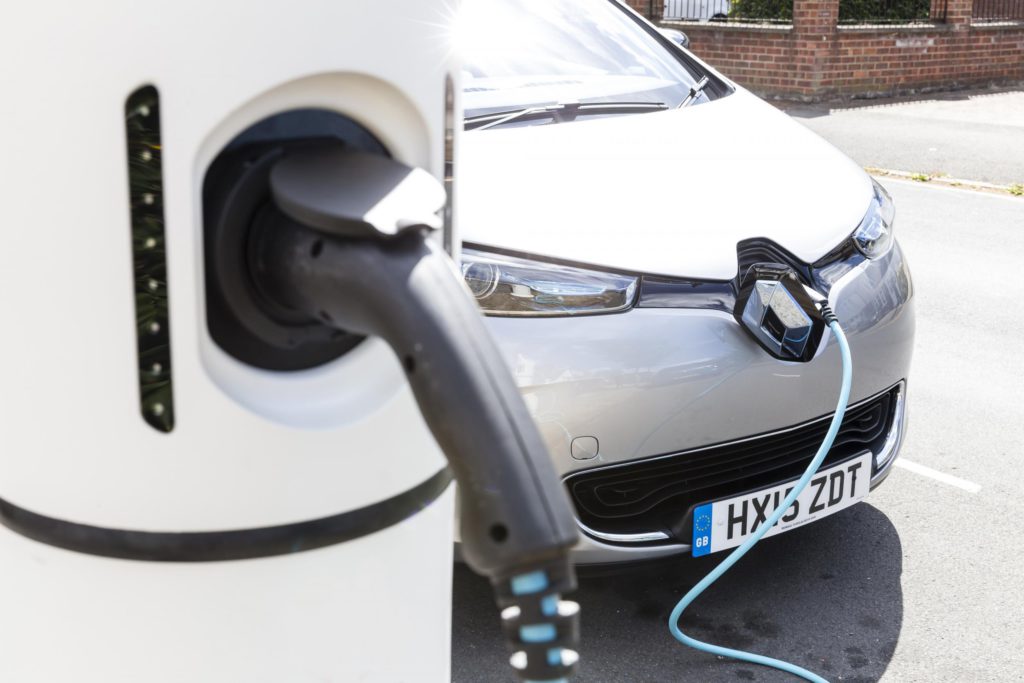Flexible charging will benefit UK electric vehicle infrastructure
24 July 2018

24 July 2018
A new report by UK energy regulator Ofgem has suggested that drivers of electric vehicles (EV) will be encouraged to charge their cars when power prices are lowest.
The group has said that research had found that reforms of Britain’s electricity grid to enable ′flexible charging’ where drivers could top up their batteries outside peak demand times, could allow for more EVs to be charged. This would reduce the need for expensive new power stations and extra grid capacity to be built.
The expected increase in electric vehicle sales in coming years and the UK Government has set ambitious targets for pure-electric and hybrid vehicles to make up at least half of all new vehicle sales in the country by 2030. However, this could place a strain on the country’s existing power grid, with the National Grid warning that home charging will not be the answer.
According to Ofgem analysis, if owners use ′flexible’ charging – where they only top up outside peak demand times on the grid – at least 60% more EVs could be charged up compared with ′inflexible’ charging where electric vehicles are only charged at peak times.*
Flexible charging does this by allowing electric vehicles to be charged when energy prices are cheapest, for example when wind and solar power is generating lots of electricity or when there is less demand across the system.
Ofgem’s proposed reforms will give incentives for customers to charge their electric vehicles at the right time. The reforms will free up existing grid capacity to allow new generators, including businesses or other organisations which want to generate their own power on-site, to get connected to the grid more quickly. The reforms would make the electricity system more efficient by giving generators and other users more choice and flexibility on how they connect to the grid.
Jonathan Brearley, executive director, systems and networks, Ofgem, said: ′Ofgem is working with the government to support the electric vehicle revolution in Britain which can bring big benefits to consumers. Our reforms will help more users charge their electric vehicles and save them money.
′The proposals we have announced will also harness the benefits of electric vehicles and other new technologies to help manage the energy system and keep costs down for all consumers.’
The Road to Zero plan suggests that a £400 million (€451 million) Charging Infrastructure Investment Fund will be established to help accelerate deployment of EV charging points. The new Automated and Electric Vehicles Bill will help ensure that charge points are available at motorway services and large fuel retailers and that they are accessible across the UK, with a uniform method of accessing them.